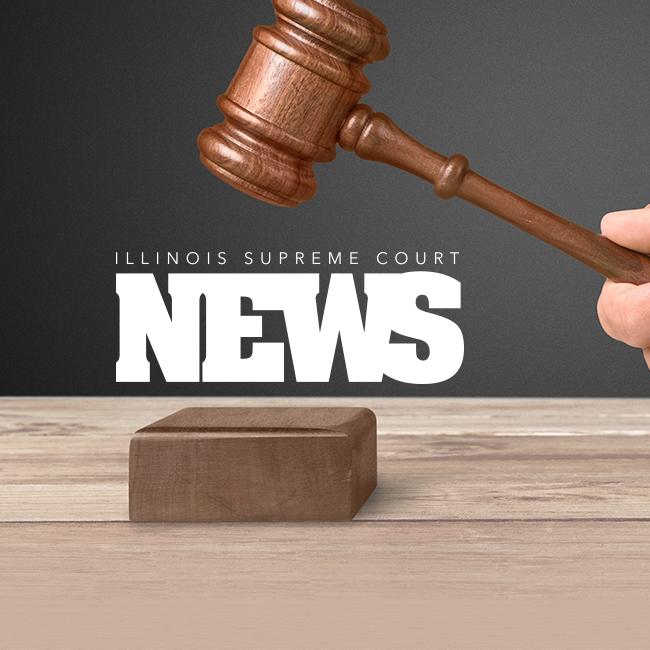Illinois Supreme Court Announces Time Standards for Case Closure in Trial Courts

The Illinois Supreme Court announced today a new order which for the first time establishes Time Standards for Case Closure in the Illinois Trial Courts (Time Standards), effective July 1, 2022, for cases filed on or after January 1, 2022.
The purpose of the Time Standards order is to assist Illinois circuit courts in meeting their fundamental obligation to resolve disputes fully, fairly, and promptly. Implementing time standards establishes a statewide expectation for judges, litigants, and attorneys, and requires each court to evaluate its actual performance compared to a statewide expectation.
“Timeliness and operational efficiency are strategic goals the Court has long been working toward,” Chief Justice Anne M. Burke said. “The establishment of these standards statewide will help ensure the timely justice the people of Illinois expect and deserve.”
Time standards represent the time during which the court exercises control over and is accountable for the progress and timely closure of a case and provide a management tool that allows the courts to regularly evaluate their operations and enhance their delivery of services.
A case is closed by entry of the final order as prescribed by the 2022 Manual on Recordkeeping (MRK). The 2022 MRK mandates new case types, imposes strict case status criteria for open, inactive, reinstated, and closed cases and requires that all circuits henceforth uniformly collect and submit data in conformity for cases filed on or after January 1, 2022.
Interim benchmarks for time to case closure have been set at 75%, 90%, and 98% of total cases. By including only 98% of cases rather than 100%, the Time Standards inherently acknowledge there will always be outlier cases.
The recommendation for uniform time standards was presented to the Court by the Court Data & Performance Measures Task Force (Task Force). The Task Force, chaired by Appellate Court Justice Ann Jorgensen with McHenry County Circuit Clerk Kathy Keefe as vice-chair, was created by the Illinois Judicial Conference in 2018 and charged with “developing accurate and uniform data collection for every circuit and based on those data points, establishing time standards for all case types.”
“The implementation of statewide time standards represents a new day in our pursuit of full and fair resolutions in a timely and efficient manner in every court,” Appellate Court Justice Jorgensen said.
Read the Time Standards for the Family/Juvenile, Criminal/Quasi-Criminal, and Civil Case Categories.


Member Comments (6)
Excellent work by this Task Force, Justice Ann Jorgenson, Chair of Court Data and Performance Measures. #TimelyAndEfficient
"Justice delayed is Justice denied".
Assume these are aspirational goals. What are the consequences for failing to meet them? Did the committee address this?
Time is easily measured/quantified, efficiency less so, unless simply defined as shorter time more efficient, and “full and “fair” resolutions infinitely more difficult to define and measure/quantify. It’s the latter we should be most concerned with IMO.
I agree wholeheartedly with Justice Holdridge.
Excellent and very much needed in Winnebago County!
That will be good for recently filed cases but those pesky cases filed since 2020 are lingering ahead of them, and the cases filed before 2020 with trials held up by COVID are lingering ahead of those 2020 to 2022 cases. It seems like dispositive motions will look better and better to the judiciary.
As we know, a very small percentage of cases reach trial. With the help of good lawyers and judges using mediation, arbitration and dispositive motions that achievement has been accomplished. It would be appropriate to add to the guidelines a time frame for dispositive motions and a requirement for transfer to another courtroom if an order is not entered as provided by the guidelines.